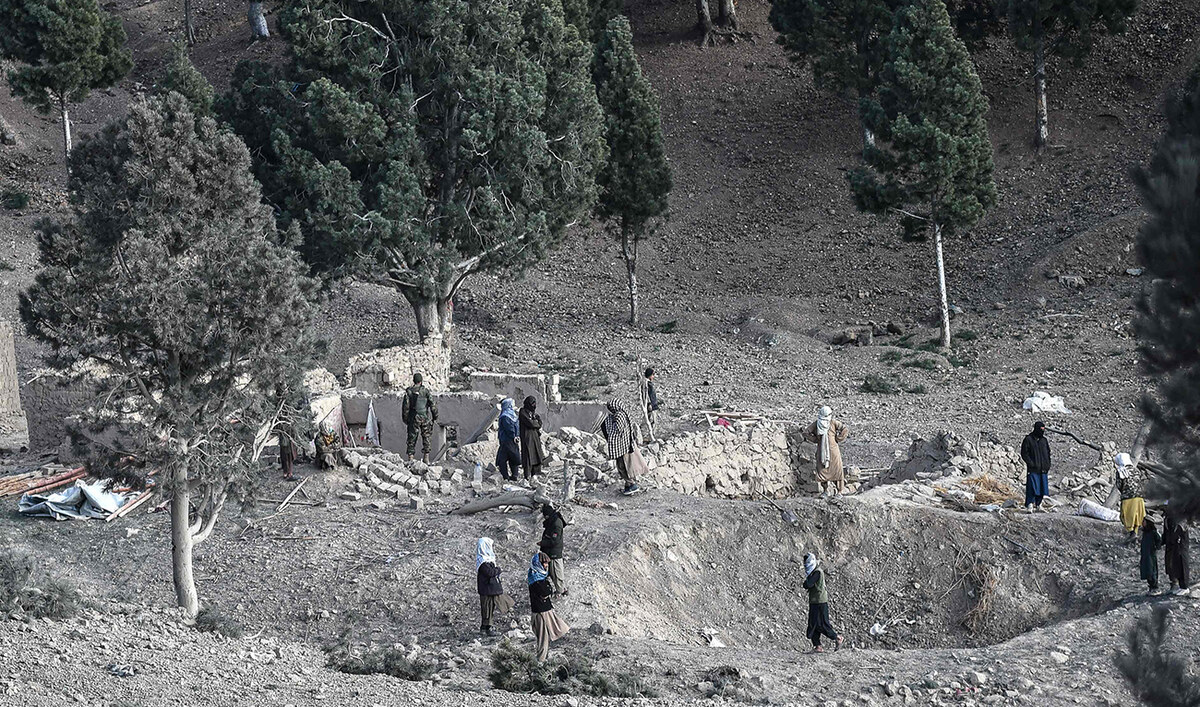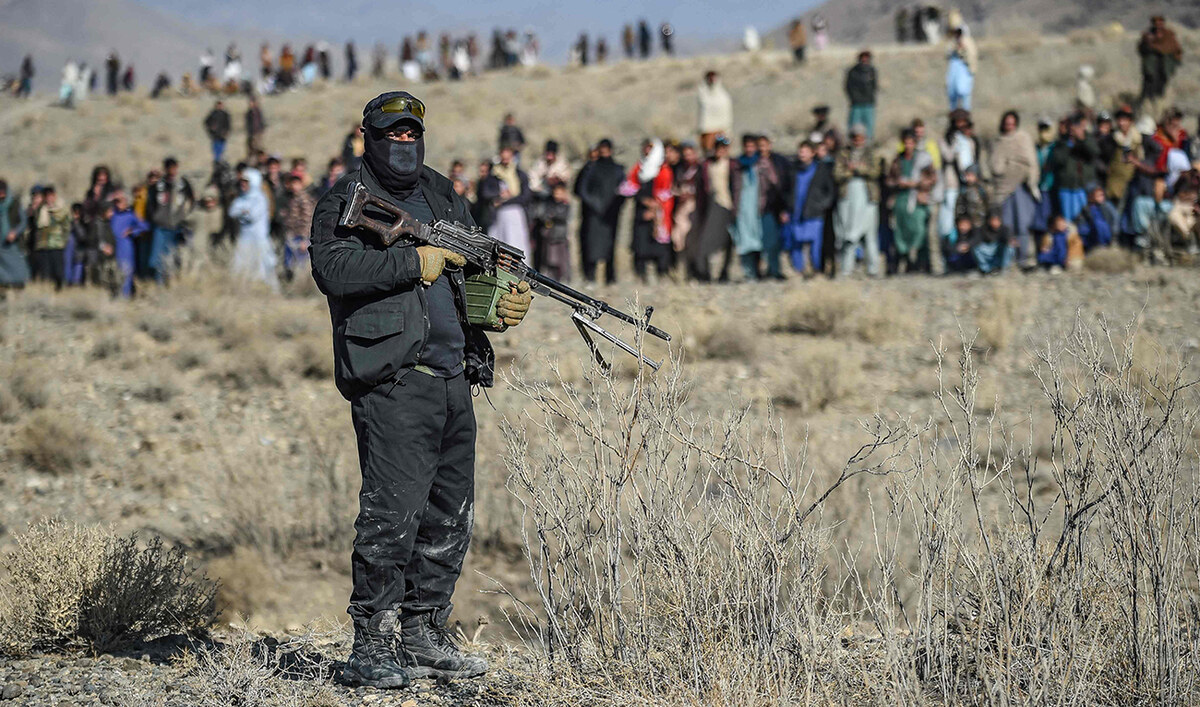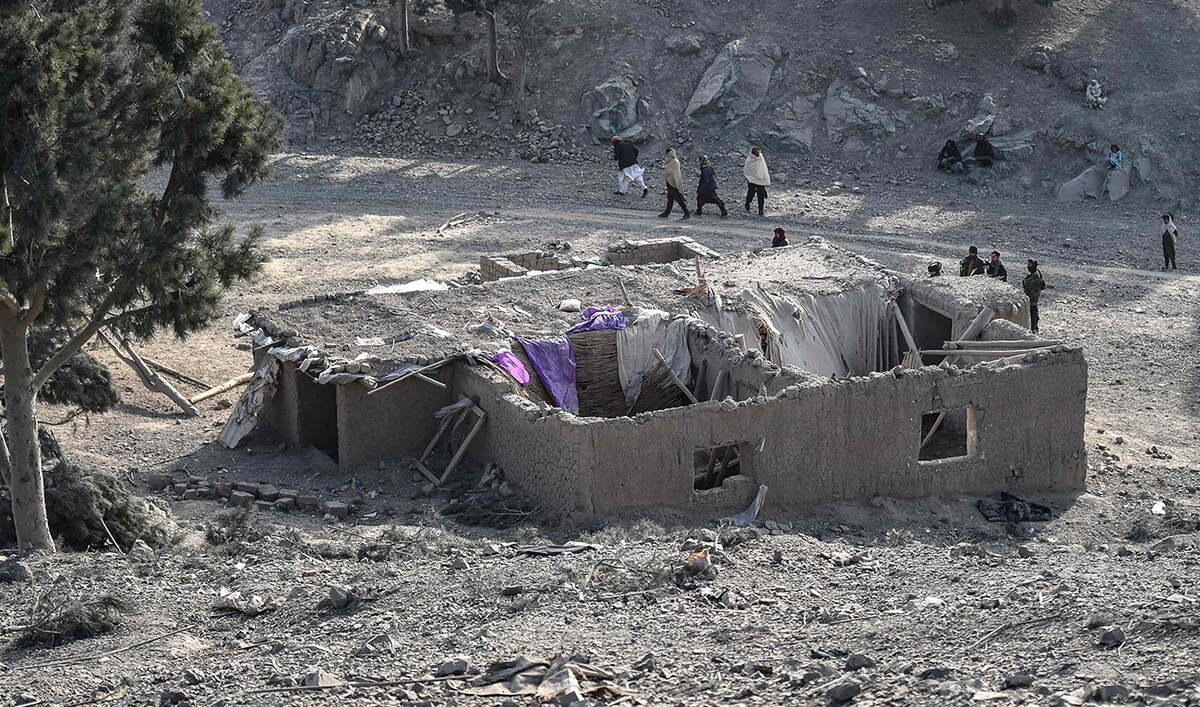ISLAMABAD: Public and private schools in Pakistan’s most populous Punjab province will remain closed from May 25-31 due to a heat wave expected to last until the end of the month, the provincial education department said on Monday.
Pakistan’s disaster management authority warned last Thursday temperatures in certain areas of Pakistan’s southern Sindh and eastern Punjab provinces could surge to 40 degrees Celsius between May 15-30. On Sunday, the Provincial Disaster Management Authority (PDMA) warned of an “intense” heat wave in the southern districts of Punjab, with severe risk identified in Bahawalpur, Rahim Yar Khan, Dera Ghazi Khan and Multan districts from May 21 to May 27.
“In view of the surge in temperature and heat wave in the province, all public and private schools shall remain closed for seven days with effect from 25th May 2024 to 31st May 2024,” a notification from the provincial education department read, adding that exams could be conducted during these days with necessary precautions in place.
Punjab Education Minister Rana Sikander Hayat shared the notification on social media platform X, saying the safety of children would always remain the government’s “priority.”
The PDMA’s Sunday statement urged citizens to take precautionary measures.
“Avoid exertion and exercise in strong sunlight,” it said. “Do not step out of the house unnecessarily. Wear light colored cotton clothes.”
Increased exposure to heat, and more heat waves, have been identified as one of the key impacts of climate change in Pakistan, with people experiencing extreme heat and seeing some of the highest temperatures in the world in recent years. The South Asian country of more than 241 million, one of the ten most vulnerable nations to climate change impacts, has also recently witnessed untimely downpours, flash floods and droughts.
Climate change-induced extreme heat can cause illnesses such as heat cramps, heat exhaustion, heatstroke, and hyperthermia. It can make certain chronic conditions worse, including cardiovascular, respiratory, and cerebrovascular disease and diabetes-related conditions, and can also result in acute incidents, such as hospitalizations due to strokes or renal disease.
According to the Global Climate Risk Index, nearly 10,000 Pakistanis have died while the country has suffered economic losses worth $3.8 billion due to climate change impacts between 1999 and 2018. A deadly heat wave that hit Pakistan’s largest city of Karachi, the capital of Sindh, claimed 120 lives in 2015.
In 2022, torrential monsoon rains triggered the most devastating floods in Pakistan’s history, killing around 1,700 people and affecting over 33 million, a staggering number close to the population of Canada. Millions of homes, tens of thousands of schools and thousands of kilometers of roads and railways are yet to be rebuilt.




















